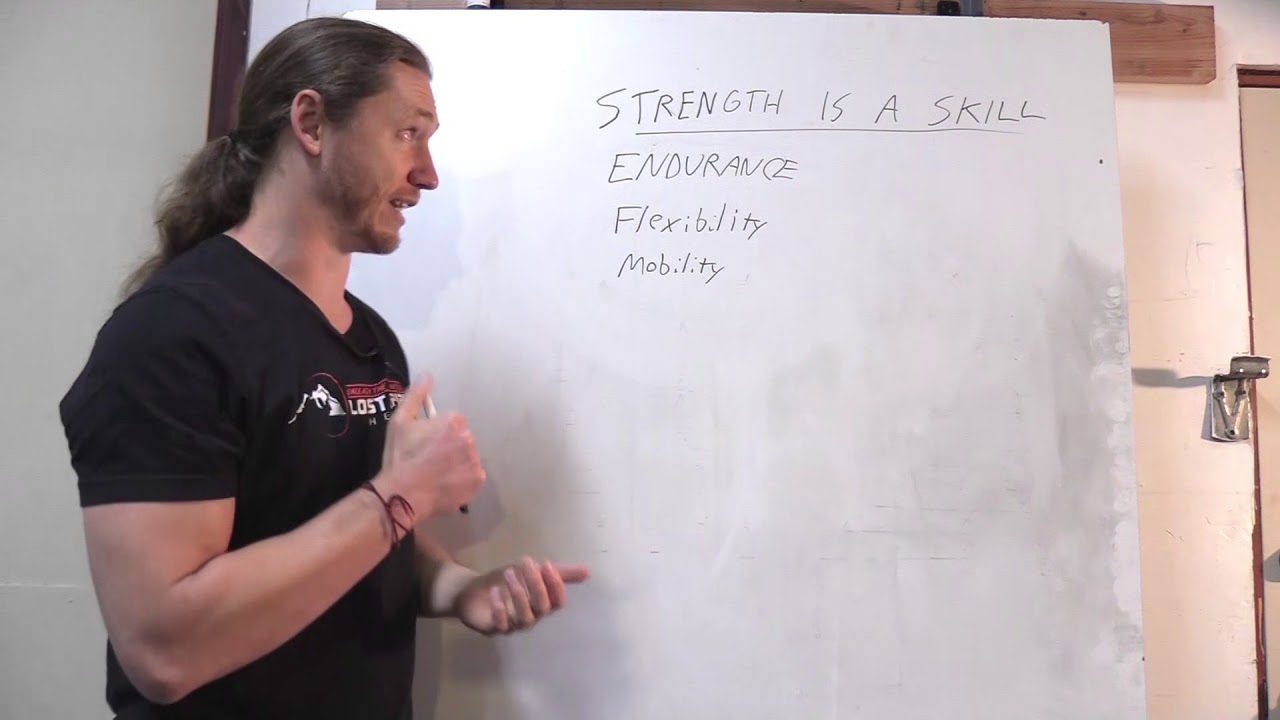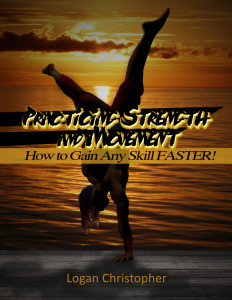What does it mean when you hear strength is a skill? This quote, originally from Pavel Tsatsouline, changed how I viewed strength.
That had never happened before, and it instantly opened my eyes to a new way of seeing strength.
Still, technique is only part of the subject. When you truly understand strength as a skill you realize a few more things:
Endurance is a skill. Flexibility is a skill. Mobility is a skill.
ALL athletic movements have a skill component to them.
There is technique, there is skill, behind everything you do…whether you realize it or not.
When you do realize it, this, in turn, changes how you approach your workouts. It must shift from “working out” to “training” or “practicing.”
Treating strength as a skill is how I’ve accomplished the various things I’ve accomplished.
So stop thinking about doing workouts and start practicing.
Here are two more articles on this subject:
Strength is a Skill and Deliberate Practice
And if you want the deep dive, then read Practicing Strength and Movement.



Comments
Hi Logan,
I agree completely with the fact that many athletic aspects (strength, endurance, flexibility, etc.) have a skill component. However, it seems to me that one exception would be cardiovascular stamina, according to my experience at least.
To give an example, it was not possible for me to adapt to a continuous half-hour run or a 15 minutes kettlebell swing until I worked specifically for it, and running faster or swinging a heavier bell in much less time did have some crossover transfer, but not much. So, I may be just unlucky on that specific fitness attribute, but it seems that for this, there is no other but to train the real thing.
It seems logical because after all, for cardiovascular fitness, you train the ability to maintain a moderate level of effort for some time, not just a few seconds or a minute. What do you think?
Yes, cardiovascular stamina takes training to increase it so that your circulation/energy systems/etc. can handle it. I fully agree with that.
However, the skill component is still there because to work your cardiovascular stamina takes some sort of movement. There is a skill component to running. There is a skill component to kettlebell swings.
If you’re skill is better you can do these movements easier, thus they impact your stamina less so. If you are unskilled in them, you’re going to have to work harder, and thus you’ll end up with less stamina.
Indeed, there is a skill component also there. I tend to forget sometimes, than many experienced “kettlebellers” affirm that they truly, strongly internalize and understand movements such as the swing or the turkish get-up only after several years of dedicated practice. It may look deceptively simple on the surface, but there is more depth to discover.
Thanks for the reminder, and also for reading and answering my comment. Keep up the great work; I’m a regular reader of your blog and it’s rare to find someone in the strength industry who not only “gets” how to think out of the box and produces quality content, but also puts health at the top of the list of priorities, before everything else 😀